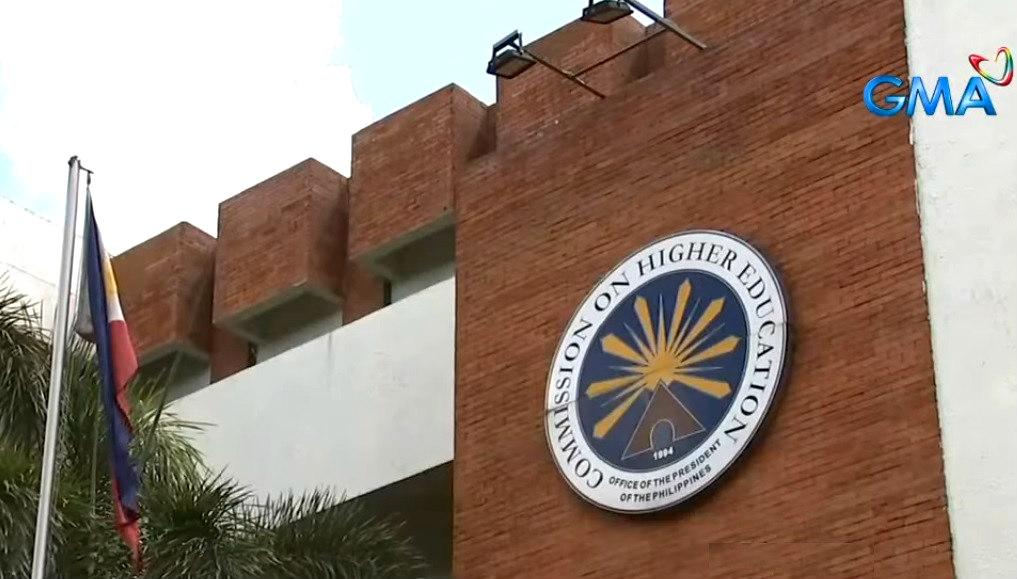
The Commission on Higher Education (CHED) on Wednesday admitted that achieving the 100% vaccination target for teachers and learners will be difficult due to lack of vaccinators and delays of inoculation in some provinces.
CHED chairperson Prospero de Vera III said there are some “problematic” areas such as Palawan, which lacked storage facility and shortage of vaccinators.
“For example, in Palawan, ‘yung Palawan kasi like Palawan State University has more than 10 campuses e yung iba nasa isla mga campus nila so mahirap i-convert ang vaccination center yung kanilang campus kasi ang problema walang vaccinators. Yung problema is not supply of vaccines, it is vaccinators,” said De Vera during an online press briefing.
(Palawan State University has more than 10 campuses but it’s difficult to convert it into a vaccination center because they don’t have vaccinators. That’s the problem.)
“Number two, walang storage facility dun sa area na yun so kahit may dumating na bakuna hindi ma-i-istore efficiently,” he further explained.
(There is no storage facility there so even if vaccines arrive in the area, they cannot be stored efficiently.)
He also cited lack of vaccinators in Guimaras, which he said does not offer nursing and medicine courses.
To solve this, De Vera suggested that Guimaras government should seek help from its nearby province, such as Iloilo, that can produce 20 to 30 vaccinators.
“Sa Iloilo City, sobra sobra ang volunteers pero ‘di na-co-coordinate nang maigi sa LGU (local government unit). Kaya sabi ko, bakit ‘di kayo gumawa ng system na imbitahan ng governor ng Guimaras, through the CHED, through the schools, pahiram naman ng 20 o 30 volunteer na vaccinator galing sa school sa Iloilo,” he said.
(In Iloilo City, they have several volunteers but they are not being coordinated with LGUs. So I suggested that maybe the Iloilo government can invite the governor of Guimaras through CHED and through the schools to give 20 to 30 volunteer vaccinators from Iloilo schools.)
Meanwhile, De Vera said he observed that in Maguindanao and North Cotabato, some teachers and students “delay” vaccination because there is low impact of COVID-19 or low recorded COVID-19 deaths in these areas.
“I also observed in Maguindanao and North Cotabato, ang problema doon mataas ang vaccine hesitancy sa rural areas. It is because mababa ng incidence ng COVID doon sa areas so the people have not seen close na namamatay yung kamag-anak nila. They do not see the real impact of COVID so kapag nagpavaccinate sila, sasabihin, saka na,” he said.
(The problem in Maguindanao and North Cotabato is that there is hesitancy. It is because there is a low incidence of COVID-19 in these areas and people have not seen that their relatives are dying. They do not see the real impact of COVID so when they are asked to get vaccinated they will refuse to immediately get inoculated.)
De Vera further said that unlike in urban areas wherein vaccination is aggressive, other areas would delay the vaccination because they could not see the impact of COVID-19.
“In some areas it’s not even in religious beliefs, it is because they don’t see the impact of COVID-19. They say, ‘okay pa kami dito sa susunod pa kami magpavaccinate,’ (We are still okay here, we will just get vaccinated on another day),” he said.
With this, De Vera said the higher education commission seeks to target these problematic areas to prepare for another massive vaccination drive.
A total of 239,431 out of 290,380 personnel in public and private higher education institutions all over the country were already fully inoculated versus COVID-19, CHED figures showed.
The CHED data also indicated that 1.8 million out of 4 million or 45.91% higher education students all over the country received a full dose of COVID-19 vaccines.
Vaccine czar Carlito Galvez Jr. previously said they are targeting to vaccinate about 80% to 90% of teachers and students to be ready for possible full reopening of schools next year. —LDF, GMA News

0 Comments